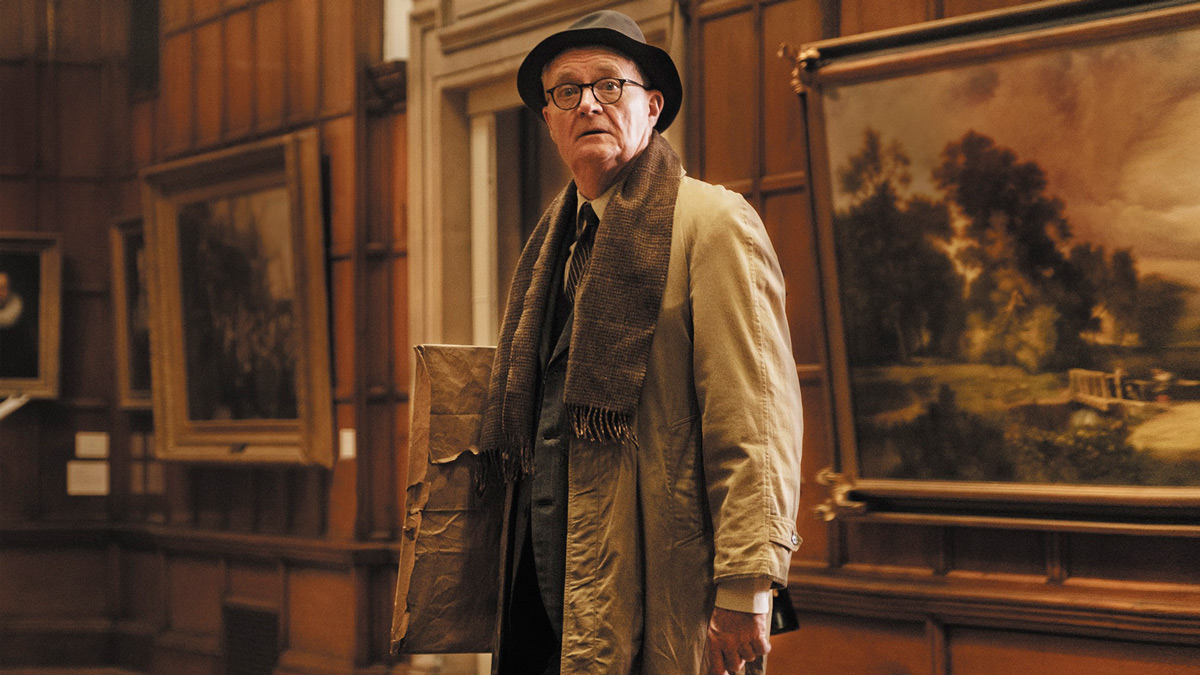
©PATHE PRODUCTIONS LIMITED 2020
``The Duke'' The feeling of ``dangling'' in 1961 that also applies to today's Britain
2022.02.26
"The Duke" Synopsis
The National Gallery in London is visited by over 6 million people a year from all over the world and has a valuable collection of over 2,300 items. In 1961, Goya's famous painting ``The Duke of Wellington'' was stolen from ``one of the world's greatest temples of beauty.'' The culprit behind this unprecedented crime is 60-year-old taxi driver Kempton Bunton. There was a time when lonely elderly people looked to TV to connect with society. In order to make their lives a little easier, he planned to use the ransom money from the stolen paintings to cover the license fees for the public broadcaster (BBC). However, there is another hidden truth behind the incident... What is Kempton Bunton's "gentle lie" that moved people all over England at the time?
Index
- Jim Broadbent and Roger Michel
- A feeling of “dangling” that is common between 1961 and now
- Release date arrived at at the mercy of the coronavirus pandemic
Jim Broadbent and Roger Michel
On a drizzly afternoon in mid-February 2022, Jim Broadbent was answering questions from the media at a London hotel as he wrapped up the campaign for his film, The Duke. It wasn't a very fun job for him, but he said he was a little more emotional than usual. This was the last opportunity for director Roger Michel, who sadly passed away after the film was completed, to talk about what a wonderful director and wonderful person he was.

“The Duke” ©PATHE PRODUCTIONS LIMITED 2020
Michelle passed away suddenly on September 22, 2021 at the young age of 65. It was a heart attack. Brodbent met Michel in `` Weekend in Paris '' (13). The two hit it off because they were neighbors in north London. Broadbent was generous in his praise of Michelle, calling her ``imaginative, generous, and completely devoid of ego.''
There was no way Broadbent would refuse a second offer from a manager with whom he has such a good relationship for the first time in about 10 years. When he received the script for this film, it not only had the appeal of a comedy depicting class struggle, but also clearly depicted the kindness and pathos of British people and their sense of humor that wafted between the lines.
A feeling of “dangling” that is common between 1961 and now

